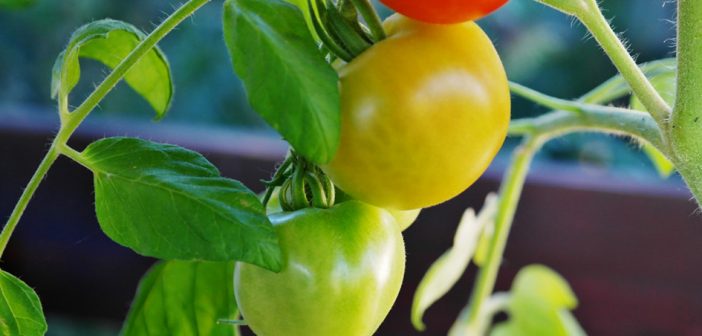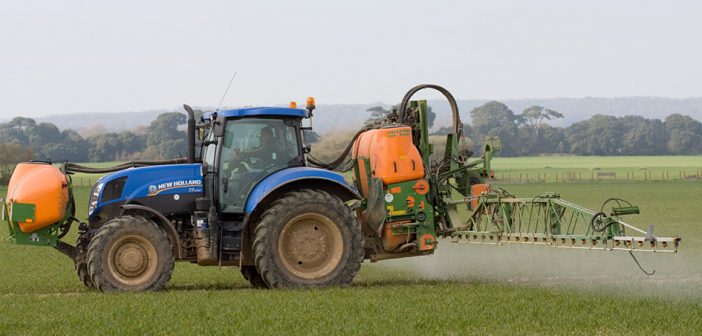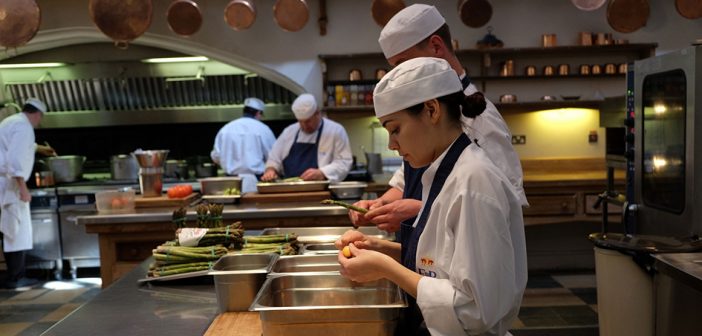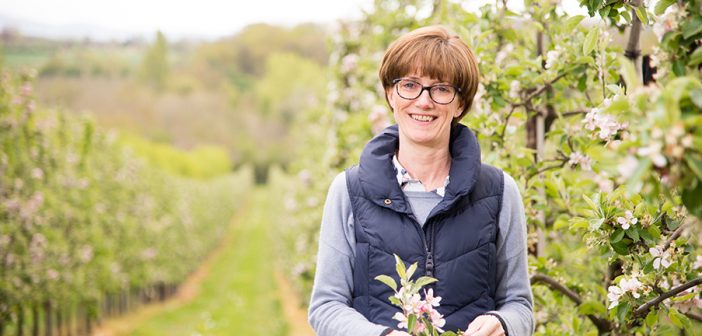Supermarket Waitrose is introducing punnets made from tomato vines for its range of Duchy Organic tomatoes.
The punnets are made from a mixture of dried tomato vines and recycled cardboard and are being rolled out nationally following a successful trial in 2017. The first product will be Waitrose Duchy cherry tomatoes on the vine in mid June, with the remaining four lines in the new brown packaging from the end of July.
According to Waitrose, the cutting-edge packaging is widely recyclable and replaces the original plastic punnets the tomatoes were in. As well as reducing plastic it also provides a use for the tomato vines which were previously treated as waste.
Nicola Waller, Head of Fresh Produce at Waitrose, commented, “We’re serious about looking for alternative packaging materials. This uses materials which would otherwise be wasted which can only be a good thing. ‘We will also ensure that all our own-label packaging is widely recyclable, reusable or home compostable by 2025 – and looking for alternative forms of packaging is part of this process.”
Waitrose recently introduced packaging for Red Lentil Pasta and Green Pea Pasta which is partly made from pulses.
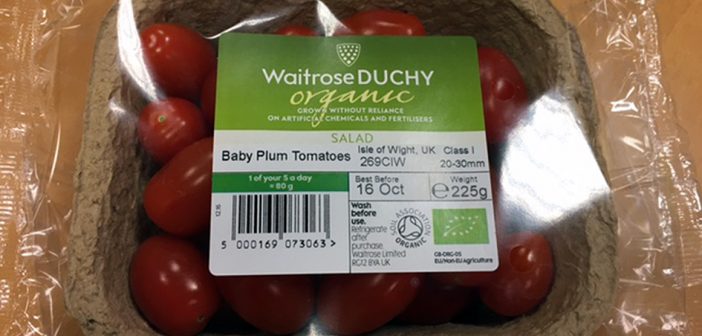
Photo Credit: Waitrose
The post Waitrose unveils packaging made from tomatoes appeared first on Hort News on 7 June 2018.


